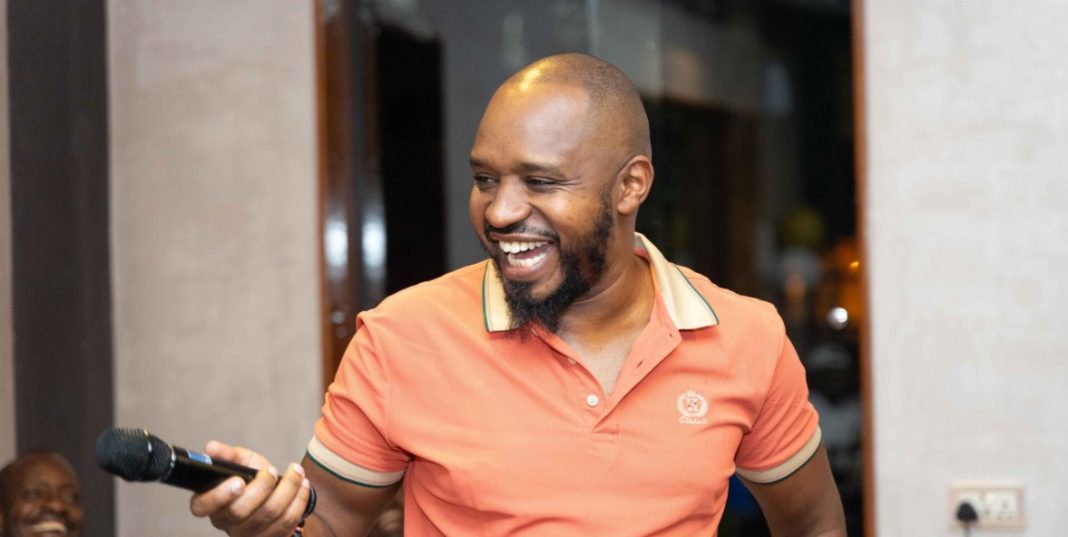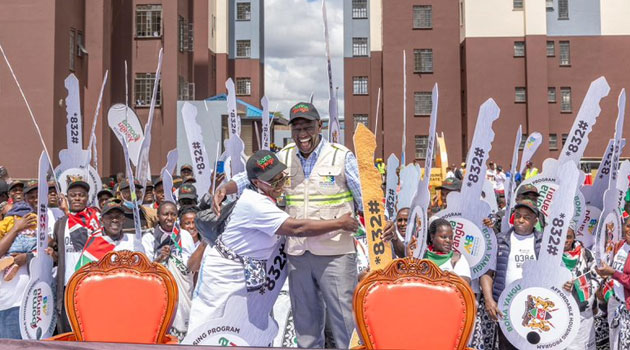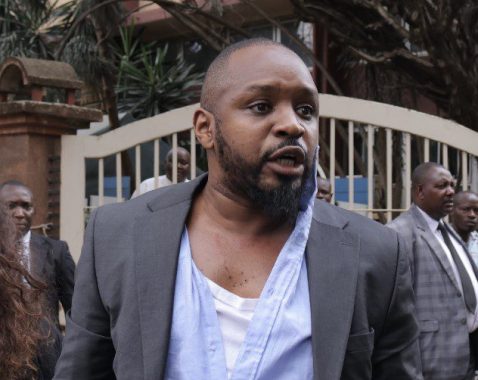Kenya’s Foreign Ministry protested after Tanzania denied activist Boniface Mwangi consular access. Authorities had arrested Mwangi in Dar es Salaam on May 19 while he attended opposition leader Tundu Lissu’s trial.
Kenyan officials requested access several times, but Tanzania refused. The Vienna Convention requires consular visits, yet officials ignored the obligation. Concerns about Mwangi’s condition quickly escalated.
Meanwhile, outrage spread among Kenyan activists and leaders. Some threatened protests at the Tanzanian Embassy in Nairobi. Human rights groups condemned the detention, calling it a violation of democratic rights.
Later, Tanzanian President Samia Suluhu defended the decision. She insisted foreign activists should not interfere in Tanzania’s politics. Her statement fuelled concerns about rising political repression in East Africa.
Additionally, Mwangi’s wife, journalist Njeri Mwangi, demanded answers. She visited the Tanzanian High Commission in Nairobi but received no information. Frustrated, she urged authorities to act swiftly.
“I last spoke to Boniface on Monday afternoon. The Tanzanian authorities are saying they have deported him but why is there no communication? Where is Bonnie?” she told reporters in Nairobi.
“Give us back Boniface, wounded or dead. It has been very agonising for my family and it is not fair or right what they are doing to him.”
In Uganda opposition leader Kizza Besigye is also facing charges and Kenya’s foreign ministry has said they cooperated with the Ugandan authorities in his abduction in November where he was taken across the boarder in a Kampala law court.







[7323]EnergyCasino Philippines: Fast Login, Register & App Download. Play Top Slots with Exclusive Promo Codes today! Experience the best of EnergyCasino Philippines! Enjoy fast EnergyCasino login, quick register, and the official EnergyCasino app download. Play top-rated EnergyCasino slots and claim your exclusive EnergyCasino promo code to start winning today. Join the ultimate PH gaming destination now! visit: EnergyCasino